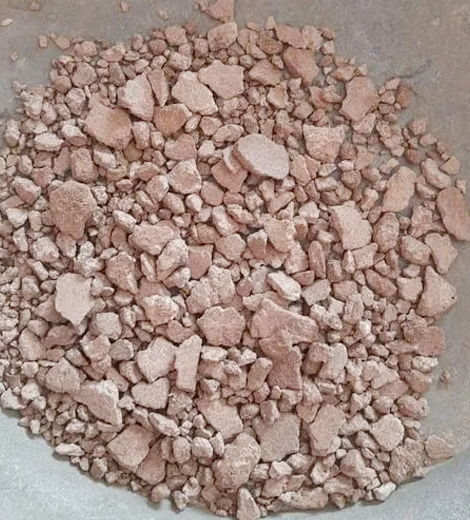
Ground Nut DOC
Groundnut DOC, or Groundnut De-Oiled Cake, is a byproduct obtained during the extraction of oil from groundnuts (also known as peanuts). It is commonly used in various applications, primarily as animal feed, due to its nutritional composition.
Groundnut DOC is produced as a byproduct during the extraction of oil from groundnuts. Groundnuts are mechanically processed to obtain oil, leaving behind the de-oiled cake.
Animal Feed: Groundnut DOC is primarily used as an ingredient in animal feed, especially for livestock, poultry, and aquaculture. It serves as a valuable protein source and can be used as a supplement to meet the protein and energy requirements of animals.
Poultry: It is commonly used in poultry diets to provide essential amino acids and promote growth and egg production.
Cattle and Livestock: Groundnut DOC can also be included in cattle and livestock diets to supplement their protein intake.
Aquaculture: It is used in fish and shrimp feeds to provide essential nutrients and promote growth.
Pet Food: Groundnut DOC may also be used in pet food formulations to enhance protein content.
Protein Content: Groundnut DOC is valued for its high protein content, which makes it an economical and sustainable source of protein for animal nutrition.
Energy Source: It also provides energy in the form of carbohydrates.
Sustainability: Using groundnut DOC in animal feed helps reduce food waste by utilizing the byproduct of the oil extraction process.
Protein-Rich: Groundnut DOC is well-known for its high protein content, typically ranging from 40% to 50% or more. This makes it a valuable source of plant-based protein for animal nutrition.
Fiber: It also contains dietary fiber, which can be beneficial for digestive health.
Carbohydrates: Groundnut DOC contains carbohydrates, including some sugars and starches.
Minerals: It provides essential minerals such as phosphorus, potassium, and magnesium.
Fat Content: While it is a de-oiled cake, there may still be some residual fat in groundnut DOC, typically at lower levels compared to whole groundnuts.
Anti-Nutritional Factors: Like other oilseed meals, groundnut DOC may contain anti-nutritional factors that need to be considered in animal diet formulation. These factors can interfere with nutrient absorption and animal health.
Storage: Proper storage is essential to prevent spoilage and maintain the nutritional quality of groundnut DOC.
Allergenic Potential: Groundnuts are common allergens, so their use in animal feed or other applications should be labeled for allergen information.
Ground Nut DOC is a protein-rich byproduct of groundnut oil extraction, commonly used in animal feed due to its high protein content and nutritional value. It serves as an economical and sustainable source of plant-based protein for livestock, poultry, and aquaculture, contributing to their dietary requirements and promoting growth and productivity.
